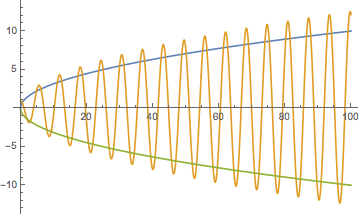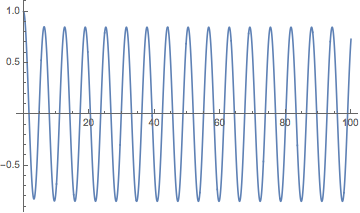I don't have experience with hypergeoemtric functions, but wish to compute the following limit:
$\lim_{x→\infty}{F([1],[a,b];-\frac{x^2}{4})}$, where $a,b$ are non-integer real parameters.
I tried to use Maple to calculate the limit and the result is 0. I tried to prove it or calculate it by hand and use an integral representation and some standard transformations but could not get the result.
Any help would be appreciated. Thanks!!


